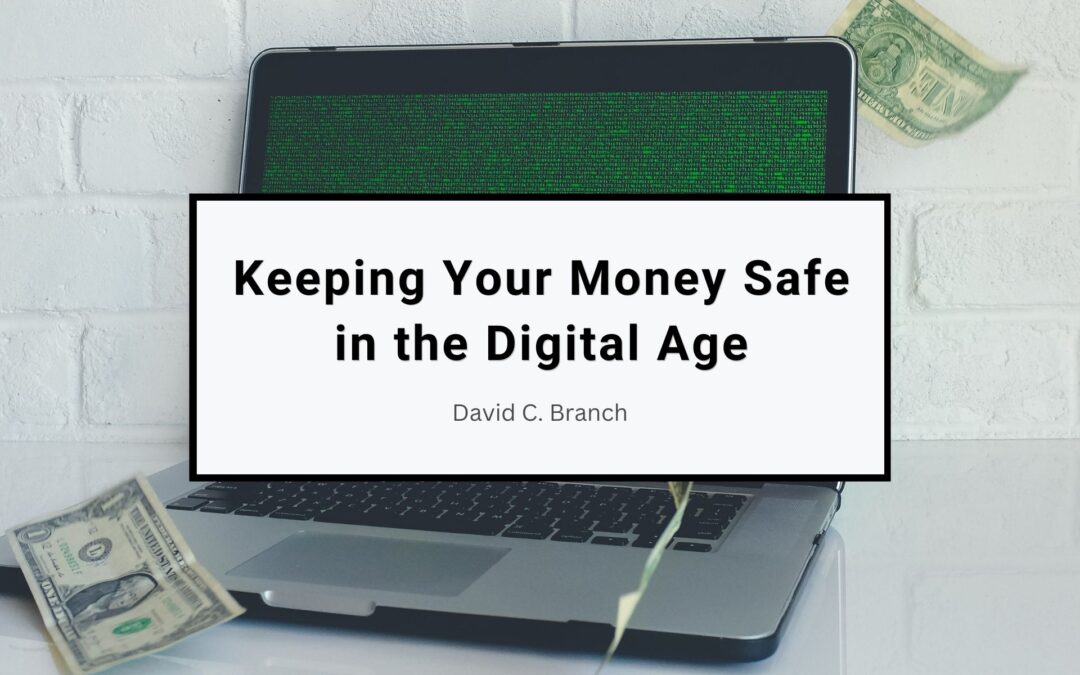In our increasingly interconnected world, managing our finances has never been more convenient. The rise of online banking, mobile payment apps, and automatic bill payments has made our financial lives more accessible than ever before. However, with the convenience comes the risk of cyber threats and scams that target our online financial information. To help you safeguard your hard-earned money, we’ve compiled ten essential cybersecurity measures that anyone can follow to protect their financial and personal data.
- Stick to Secure Networks: When accessing online banking or sensitive financial information, use only your home internet connection. Public Wi-Fi networks can be vulnerable to hackers, making your data susceptible to theft.
- Enable Multifactor Authentication: Always activate this crucial security feature on your financial accounts. Multifactor authentication adds an extra layer of protection by requiring an additional step, such as a one-time code sent to your phone, in addition to your password.
- Utilize Password Management Tools: Create unique and strong passwords for each account and store them securely with a password management tool. These encrypted apps make it easy to manage and protect your login credentials effectively.
- Limit Your Digital Footprint: Minimize the amount of personal information you share online. Opt for one-time credit card numbers for online purchases and delete or close unused accounts that might contain sensitive data.
- Safeguard Your Devices: Keep all your devices protected with antivirus software and ensure you regularly update their operating systems. Enable firewalls and use biometric authentication, like fingerprints or facial recognition, for an extra layer of security.
- Set Up Failed Login Alerts: Sign up for notifications of failed login attempts to your accounts. These alerts act as a warning system against potential hacking attempts and allow you to take immediate action if suspicious activity is detected.
- Lock Your Credit Scores: Request credit bureaus to place a “lock” on your credit scores to prevent unauthorized access and protect against identity theft.
- Avoid Sharing Account Access: Set up separate logins for anyone who shares an account with you to maintain control over your own access and minimize security risks.
- Prioritize Voice Authentication: Whenever possible, use voice authentication for financial transactions. Voice authentication is difficult to counterfeit and adds an extra layer of protection against fraudulent money moves.
- Verify Contact with Financial Institutions: Beware of scammers posing as representatives of your financial institutions. If you receive suspicious messages, always contact your institution directly using the contact information provided on their official website.
By following these ten cybersecurity measures, you can significantly reduce the risk of falling victim to online scams and keep your money safe in the digital age. Remember, taking a proactive approach to your online security is the best defense against cyber threats, and it will allow you to enjoy the benefits of digital financial management with peace of mind. Stay vigilant, and always prioritize the protection of your sensitive information.

